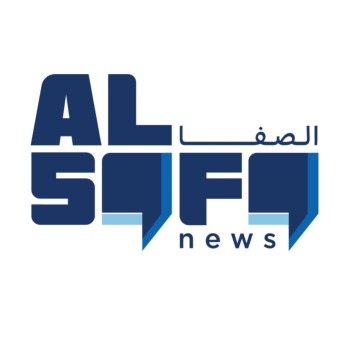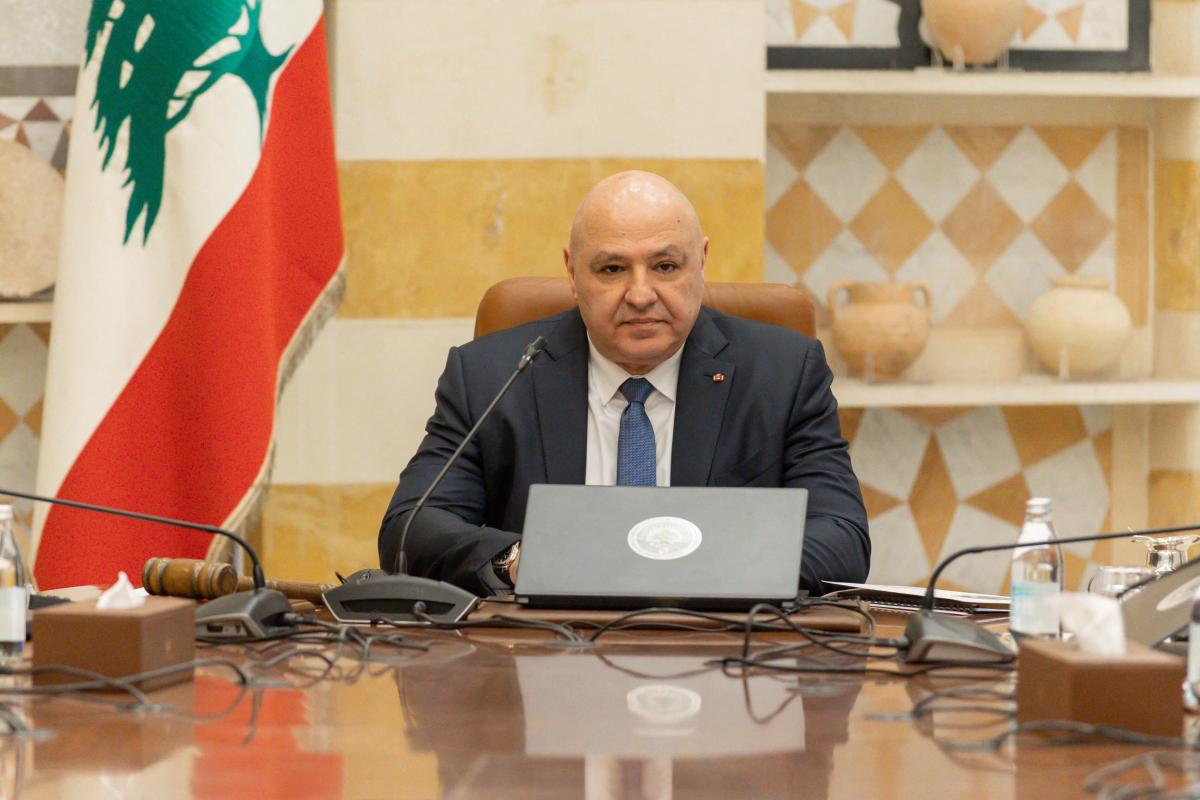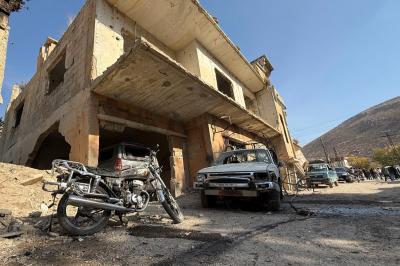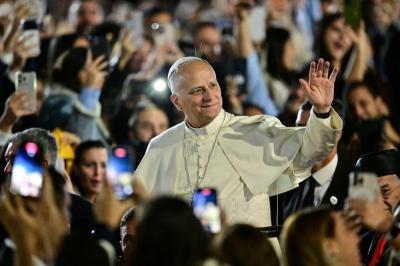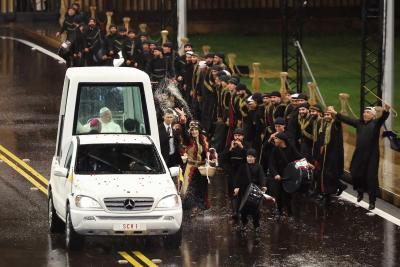On Wednesday, President Joseph Aoun will deliver Lebanon’s address before the United Nations General Assembly in New York. For smaller states in particular, this annual occasion is a rare chance to make their voices heard, to lay out their situation, detail their problems, and expose the unfairnesses they suffer. It is also an opportunity to appeal for international support, signaling readiness to cooperate within the parameters set by the international community—always to serve their own people and secure regional stability.
The question remains: what will President Aoun say when he takes the podium in New York?
He is expected to embody Lebanon’s national conscience in his speech. While the text has not been made public, observers anticipate that he will highlight the government’s achievements over the past months, stressing state sovereignty, economic and reform measures, and a vision for Lebanon’s future role.
On the issue of sovereignty, the president is likely to underscore the government’s decision to place all weapons exclusively under the authority of the Lebanese state and its military and security institutions. This principle was already enshrined in the November 2024 suspension of hostilities agreement, reached just one month before the presidential elections.
In this context, Aoun is expected to reference the army’s deployment from the southern border up to the Litani River, the takeover of positions previously held by "Hezbollah", and the seizure and destruction of weapons depots. He is also likely to outline steps taken to bolster the army and security forces in terms of equipment and manpower, to stabilize security across Lebanon—particularly along the Syrian border, where arms, fighters, human traffickers, and smugglers of goods continue to thrive.
Based on remarks made just two days earlier, it is almost certain that Aoun will remind the world of Israel’s daily aggressions against Lebanon, its people, and its sovereignty—actions that signal Israel’s disregard for peace and its relentless pursuit of a security destabilizing agenda.
On the economic front, the president is expected to draw attention to the plight of displaced southerners, residents of the Bekaa, and other communities unable to return home because their villages and houses have been destroyed. Then, he will likely pivot to outline reforms already enacted, as well as those awaiting approval, to accelerate measures that would allow displaced families to return.
Given what has been achieved so far, Aoun is also expected to call on the international community and friendly nations to pressure Israel to withdraw from the Lebanese territory it continues to occupy. He will argue that ongoing occupation, airstrikes, and attacks in the south, Bekaa, and other regions obstruct the army’s plan to consolidate state control over all weapons.
Still, the international community may have questions. Chief among them: has Lebanon truly fulfilled its commitments under the suspension of hostilities agreement? Has it dismantled "Hezbollah"’s military infrastructure, not only south of the Litani but across the country?
On economic matters, the world may inquire about measures to curb corruption, streamline public administration, reform the banking sector, and restore depositors’ rights.
Of course, these questions will not be answered during the speech itself. After his address, Aoun is expected to hold bilateral meetings with leaders of friendly states attending the New York sessions. It is well known, however, that the international community has conditioned its assistance to Lebanon on the dismantling of "Hezbollah"’s military structure. But this raises a broader question: is Israel making any difference between military infrastructure and civilians?
Please post your comments on:
comment@alsafanews.com
 Politics
Politics





